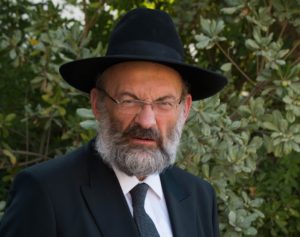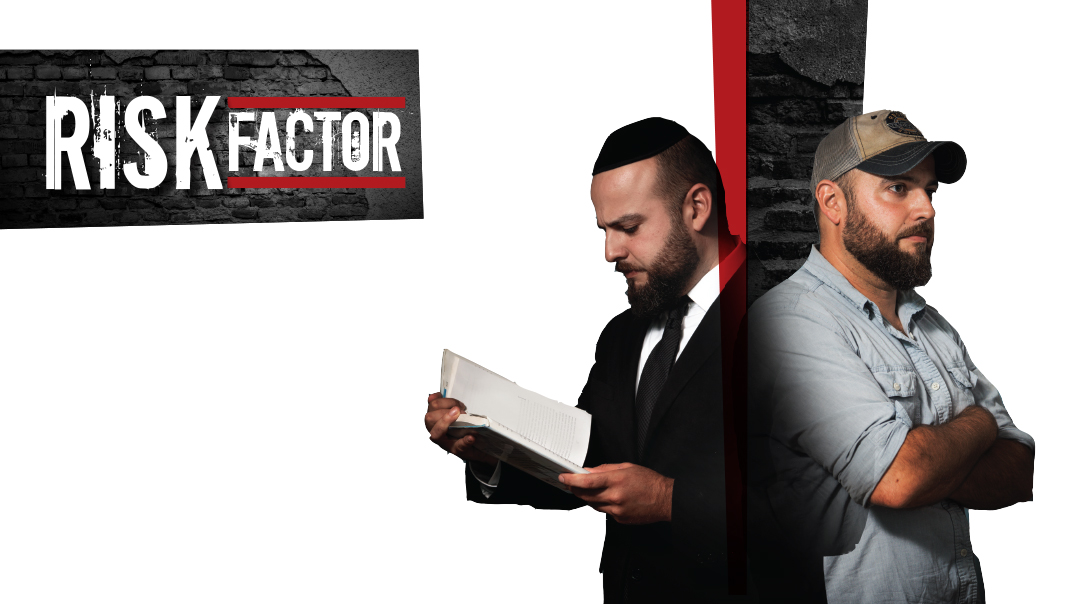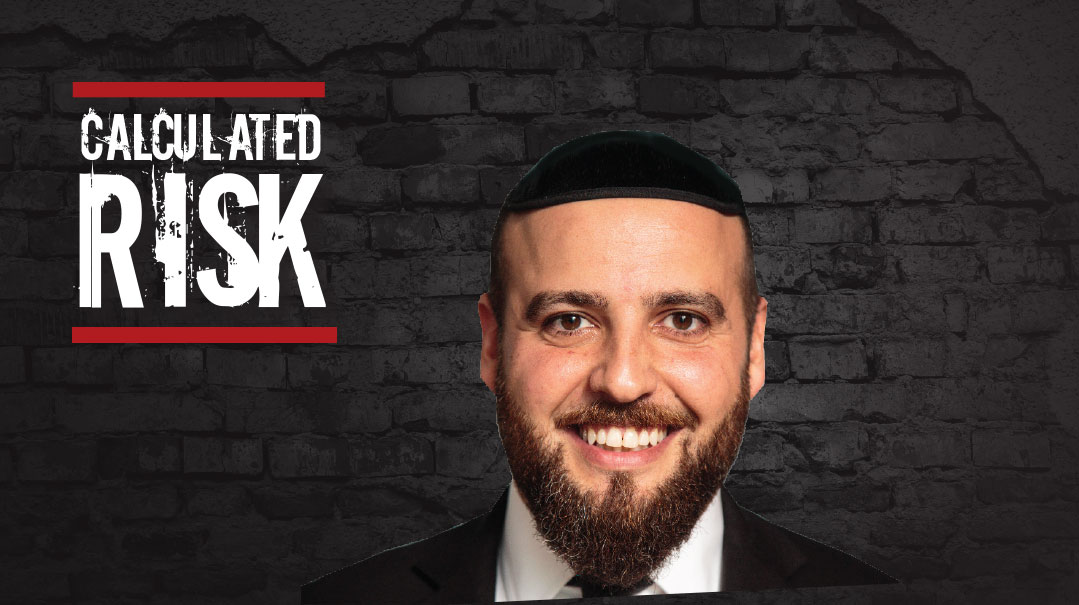The Victim and The Warrior
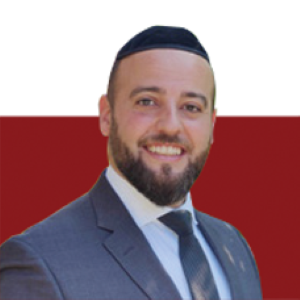
"You’re ignoring your inner warrior, David. You always choose to be the victim”
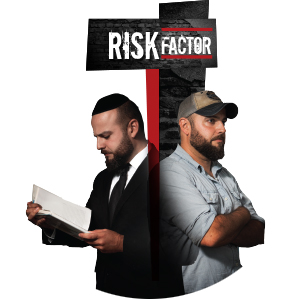
"It’s not fair,” David whined. “They don’t say anything to any of my siblings. It’s only when I ask for money that they suddenly have a problem.”
“Why do you think that is?” I asked.
“Because they blame me for getting divorced,” he asserted. “Even though they knew before I got married that she was crazy!”
“What did the therapist say?” I tried.
“He doesn’t know what he’s doing. He just sits there and gets paid and asks me what I think I should do,” he said. “It’s like I’m a punching bag, and everyone is happy just to beat me down.”
“Why would they do that?”
“Because they love to see me fail,” he snapped.
I hate breaking my own rules. I only do it when I was wrong to have the rule to begin with, like my rules about not getting involved with shidduchim, always driving instead of flying, and never using credit card points or miles. But my rule to never, ever, under any circumstances, no not even then, get involved in a divorce situation, wasn’t one of those. That was a rule that was meant to be kept. There are people out there who are very suited to help in divorce situations. But I am not one of them.
So why did I get involved? Because I’m human.
David’s kids were suffering terribly from the divorce, as was his family and ex-wife. It was critical to resolve the issues before things got worse. But this was David’s third meeting with me and it was always the same: He would spend most of our time together catching me up on the latest person to abuse, criticize, offend, or just generally mess him over. I’d been been trying to coax him into a more positive mindset, but it wasn’t working. His ex-wife was from a well-known and respected family (“powerful,” he called them), and he believed that they were turning everyone against him. He asked to speak to me so that someone who wouldn’t be “influenced” by them could take his side.
“Let’s try to refocus here, David,” I said. “Tell me something that worked out for you this week.”
I was mildly surprised when he complied. “I got a good lead on a business deal. If I invest now I could make a fortune.”
“Well, that’s great,” I replied. “How does it make you feel when you think about that working out for you?”
“How do I feel?” he repeated. “Angry! And hurt! My parents refuse to lend me the money!”
Well, that didn’t go according to plan.
“David, it really seems like you’re the victim here,” I said.
He lifted his eyes, amazed. “You’re one of the first people to recognize that.”
“That might be true, and I never turn down a compliment, but you’re not understanding me. David, you’re about to make one of the quickest change of hearts you have ever had.”
“I don’t know what you mean.”
“Right now you like me, but you’re about to hate me,” I said.
He looked confused.
“A few years ago I came up with a concept that has really helped me,” I said slowly, “and I try to share it with other people so it can help them too. It’s not so easy to accept right away, but instead of rejecting it out of hand, I want you to think about it.”
“Rabbi, if you have some concept that will get people to stop using me as a punching bag, I’m all ears,” he said cynically.
“I believe that in every person there are two struggling forces…”
“Yeah, the ego and the soul,” he interrupted. “We went over this, you said I should read Dr. Lieberman’s book. I haven’t gotten to it yet, but I get the idea.”
He wasn’t ready to hear what I had to say, but he wasn’t ever going to be ready.
“Not those two sides. I’m talking about the way we interact with the world. There are two parts of us that we use for those interactions. I call them the victim and the warrior.”
“Okay, so what are you saying?”
“I’m saying that you’re ignoring your inner warrior, David,” I said. “You always choose to be the victim.”
He yelled. Loudly. Used some colorful language. Gave exaggerated examples of sitting by and saying it’s okay when someone is stabbing you with a dagger. He finished his tirade with, “You’re just like the rest of them!”
I waited until he was done. “The difference in practice between the victim and the warrior,” I continued, as if nothing had just happened, “is that as a victim, we wait for people to hurt us as much as we wait for them to help us. But when we’re in warrior mode, we’re focused on what we can provide for ourselves and those around us.”
I gave him a minute to process.
“A warrior takes responsibility and recalibrates when needed. A warrior never points fingers because he alone is in control of how he reacts. No matter what’s going on around him. No matter what someone else does to him. But the victim becomes obsessed with his perception of reality and only lives in survival mode. He doesn’t believe in his own abilities. He just prays for a handout from those around him.” I paused. “A warrior is calm, focused, and in control. He leads himself and others to glory. A victim will always find a victimizer and use all his time and energy on that pursuit.”
David groped for a response, but I didn’t give him the chance.
“I told you that you were gonna hate me for it but I respect you too much to lie to you. Everything can change the minute realize you’re a warrior, David.”
“Spare me the inspiration,” David said. He uncrossed his arms, stood up, and walked out.
Around midnight he called me.
“I just got off the phone with my ex,” he said. “We had to figure out some things with the kids. It was such a frustrating conversation. But at some point I remembered you saying how a person has to choose, warrior or victim. I get it now, rabbi, you were so right.”
“That’s amazing, David,” I said quickly, “but don’t let motivation turn into procrastination. Decide how you want to act differently from now on, now that you realize you’ve been only acting as a victim.”
There was a pause. “Me?” David sounded confused. “You mean her. I’m saying I realized that you’re right — she’s always making herself into the victim instead of being a warrior. It’s pathetic.”
I sighed. Some rules are not made to be broken. —
Identifying details have been changed to protect the privacy of patients, their families, and all other parties.
Rabbi Yossi Bensoussan serves as mashgiach ruchani at Yeshiva High School of Cleveland. He is a Certified Alcohol and Substance Abuse Counselor (CASAC) who currently maintains a private practice and does motivational speaking and community education on addiction all over the US and Israel.
(Originally featured in Mishpacha, Issue 815)
Oops! We could not locate your form.





